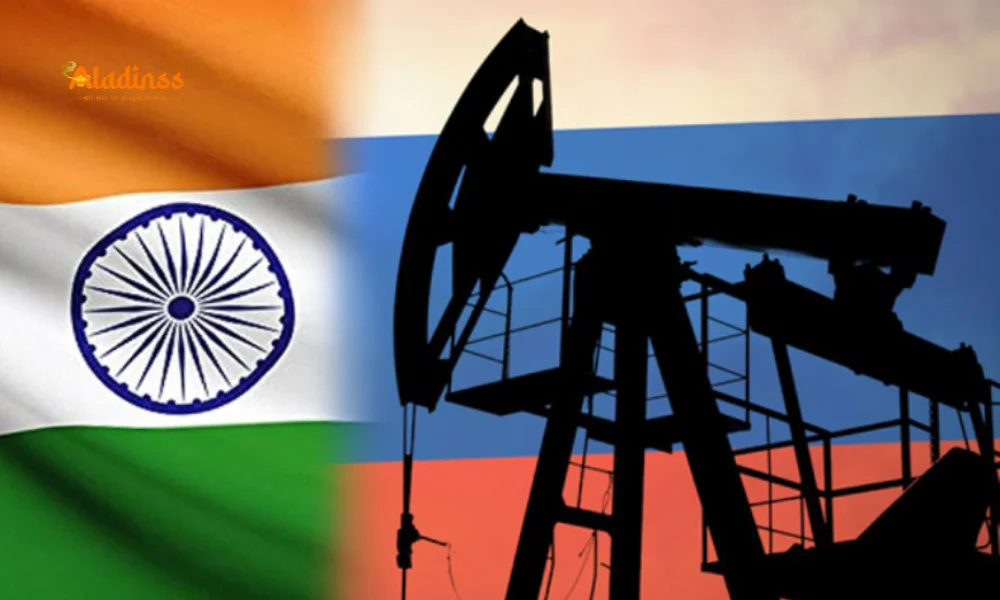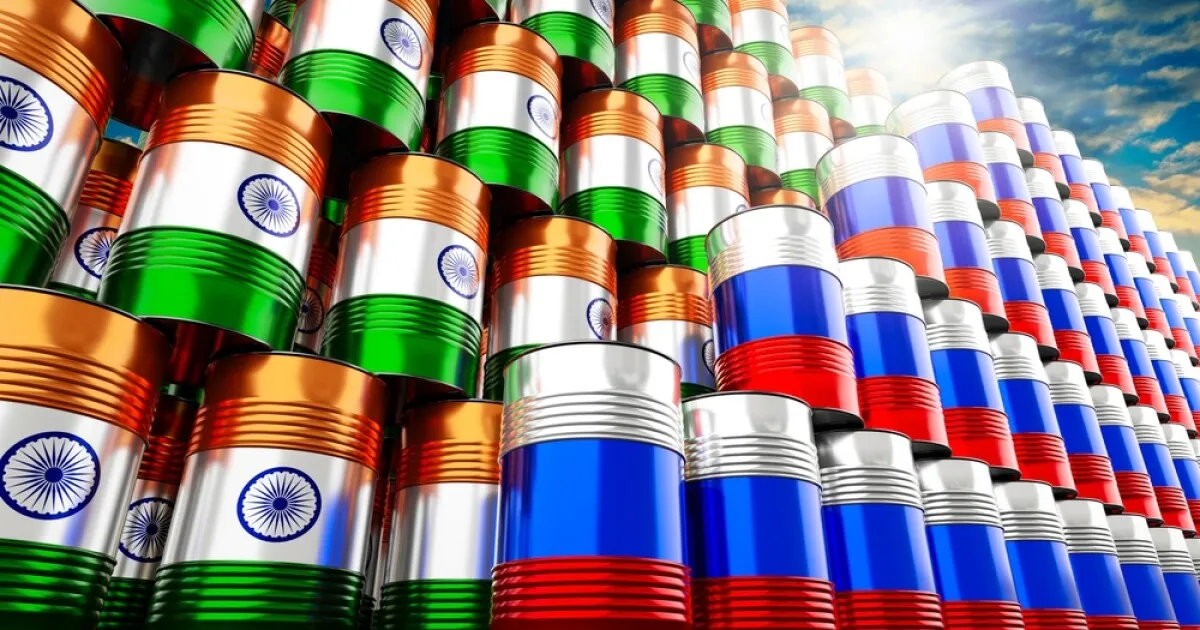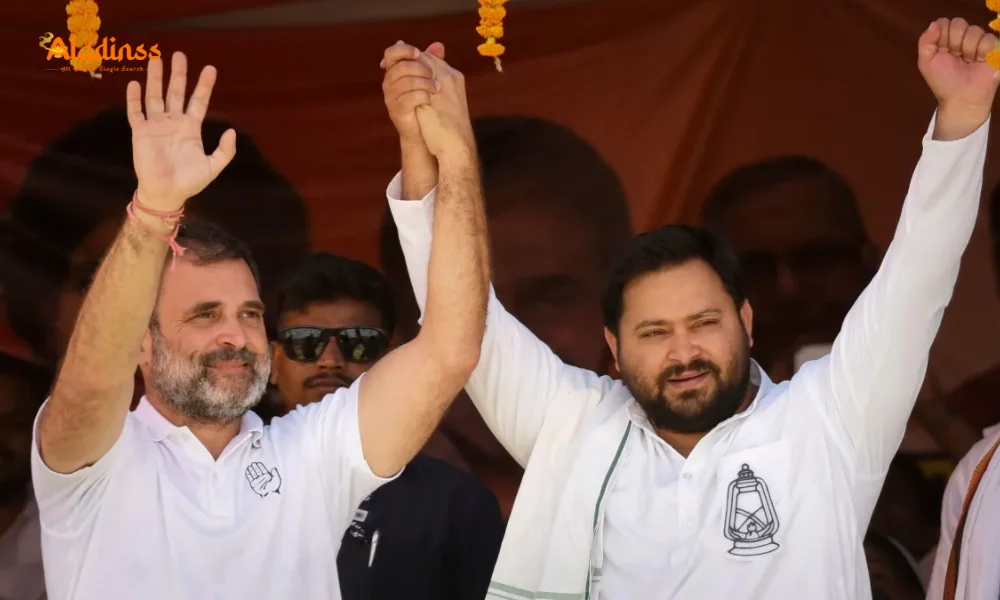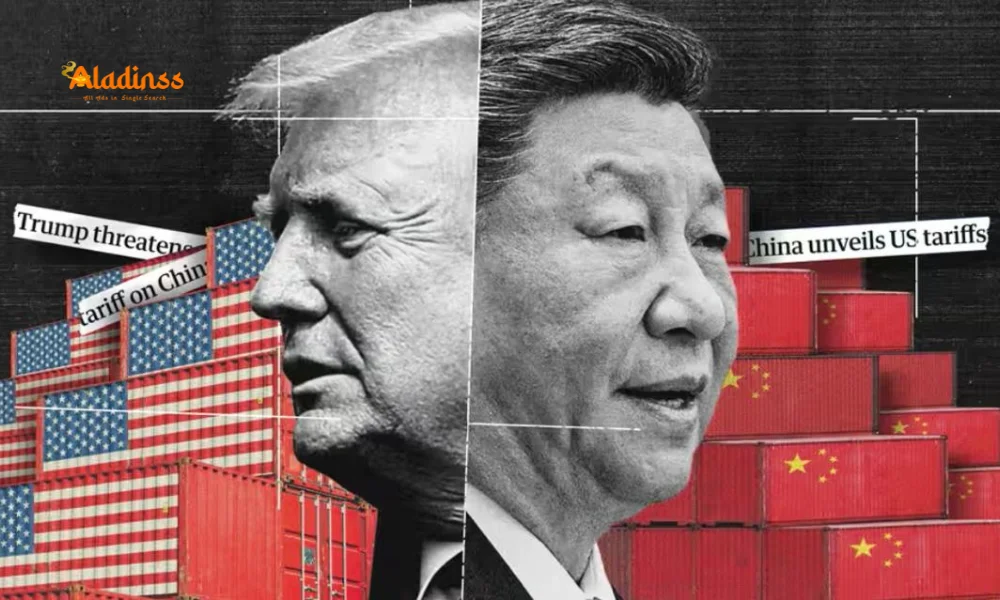Trump Claims India Will Soon Stop Russian Oil Imports Major Policy Shift Ahead

Trump Claims India to Slash Russian Oil Imports by Year-End
US President Donald Trump has claimed that India will significantly reduce its Russian oil imports by the end of 2025, bringing them to "almost nothing." Speaking at the White House on October 22, 2025, Trump stated that Prime Minister Narendra Modi assured him of this commitment during a recent conversation. The move comes amidst heightened tensions in India-US relations following Trump’s decision to impose a 50% tariff on Indian goods, including a 25% additional duty targeting India’s purchase of Russian crude oil.
Trump emphasized that phasing out Russian oil is a gradual process, acknowledging the complexity of India’s energy needs. India, alongside China, is one of the largest buyers of Russian crude, and the US has accused both nations of indirectly financing Russia’s war in Ukraine through these purchases. The claim has sparked a diplomatic row, with India labeling the US tariffs as “unfair and unjustified,” highlighting the strain in bilateral ties.

India’s Energy Dynamics and US Pressure
India’s reliance on Russian oil imports has been a cornerstone of its energy security, driven by competitive pricing and long-standing trade ties with Moscow. However, Trump’s repeated assertions that India will drastically cut these imports reflect growing US pressure to align New Delhi’s energy policies with Western efforts to isolate Russia economically. The US claims that India’s oil purchases indirectly support Russia’s military actions in Ukraine, a charge that has complicated India-US relations.
The imposition of a 50% tariff on Indian goods, including a targeted 25% duty on Russian oil imports, has been a flashpoint in bilateral relations. India has strongly contested the tariffs, arguing that they undermine fair trade practices. The diplomatic friction underscores the challenge of balancing India’s energy needs with its strategic partnership with the US, particularly as global energy markets face volatility.
Trump’s Broader Diplomatic Strategy
Trump’s comments on India’s oil imports are part of a broader strategy to leverage tariffs and diplomacy to influence global energy dynamics. He revealed plans to discuss similar reductions in Russian oil purchases with Chinese President Xi Jinping during the upcoming Asia-Pacific Economic Cooperation (APEC) summit in South Korea. Trump suggested that China’s relationship with Russia, historically strained, has been driven closer by past US policies under the Biden and Obama administrations.
“China and Russia were forced together because of energy and oil,” Trump remarked, asserting that his administration’s tariff policies aim to disrupt such alignments. He expressed optimism that Xi would be receptive to discussions about ending the Russia-Ukraine war, potentially through reduced oil trade. This approach highlights Trump’s belief that economic leverage, particularly through tariffs, can shape geopolitical outcomes.
Tariffs as a Tool for Economic and Geopolitical Influence
Trump staunchly defended his tariff policies, crediting them for strengthening the US economy. “We’re taking in money like we’ve never done before,” he claimed, arguing that tariffs have transformed the US into a “rich country” while addressing a $37 trillion national debt. He warned that without tariffs, the US risks becoming a “third-world country,” emphasizing their role in ensuring economic prosperity and security.
The president also linked tariffs to conflict resolution, claiming they helped avert military confrontations. He reiterated a controversial assertion that his tariff threats resolved a recent India-Pakistan military conflict. “I told them, if you want to fight, that’s okay, but you’ll pay tariffs,” Trump said, claiming the issue was settled within days. However, India has maintained that the cessation of hostilities in May 2025 resulted from direct talks between the Directors General of Military Operations (DGMOs) of India and Pakistan, not US intervention.
India’s Position and Diplomatic Challenges
India’s response to Trump’s claims and tariff policies reflects its commitment to maintaining strategic autonomy. New Delhi has consistently rejected external pressure on its energy trade with Russia, emphasizing that its oil imports are driven by economic necessity and national interest. The India-Russia oil trade has been a critical component of India’s energy strategy, providing affordable crude amidst global price fluctuations.
The imposition of US tariffs has strained India-US relations, with India labeling the measures as “unreasonable.” The additional 25% duty on Russian oil imports has been particularly contentious, as it directly targets a key aspect of India’s energy security. Despite Trump’s claims of a positive conversation with Modi, the tariff dispute remains a significant hurdle in bilateral ties, requiring careful diplomatic navigation.
Global Implications of Reduced Russian Oil Imports
If India were to significantly reduce its Russian oil imports by year-end, as Trump claims, the move could have far-reaching implications for global energy markets. Russia, heavily reliant on oil exports to India and China, would face increased economic pressure, potentially impacting its ability to sustain the Ukraine conflict. However, such a shift would require India to secure alternative oil suppliers, a complex task given the competitive pricing of Russian crude.
For India, diversifying energy sources could involve strengthening ties with Middle Eastern suppliers or increasing domestic production. However, these alternatives may come at a higher cost, potentially affecting India’s economy and consumers. The transition would also test India’s diplomatic balancing act, as it seeks to maintain relations with both Russia and the US while addressing domestic energy demands.
The Road Ahead for India-US Relations
The ongoing tariff dispute and Trump’s claims about India’s oil imports highlight the complexities of India-US relations. While the US seeks to curb Russia’s oil revenues, India remains focused on securing affordable energy to fuel its economic growth. The diplomatic tensions underscore the need for constructive dialogue to resolve trade disputes and align strategic interests.
As Trump prepares to engage with Xi Jinping at the APEC summit, the global spotlight will be on how major powers navigate the Russia-Ukraine conflict and its economic ramifications. For India, maintaining its strategic autonomy while addressing US concerns will be critical. The outcome of these discussions could shape not only bilateral ties but also the broader geopolitical landscape in the Indo-Pacific region.
Comment / Reply From
No comments yet. Be the first to comment!











